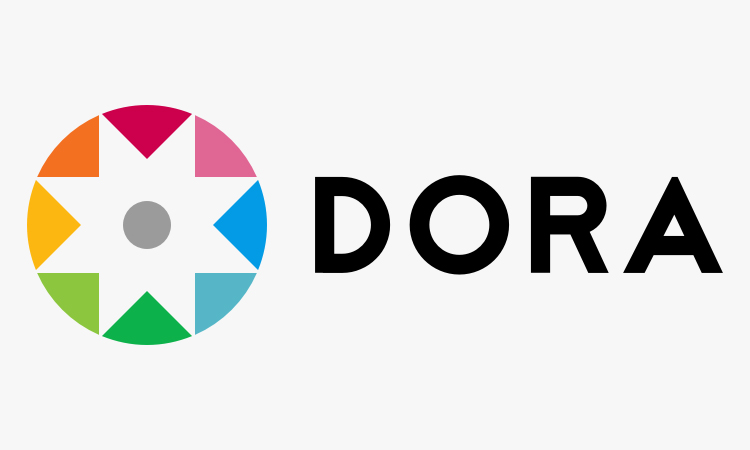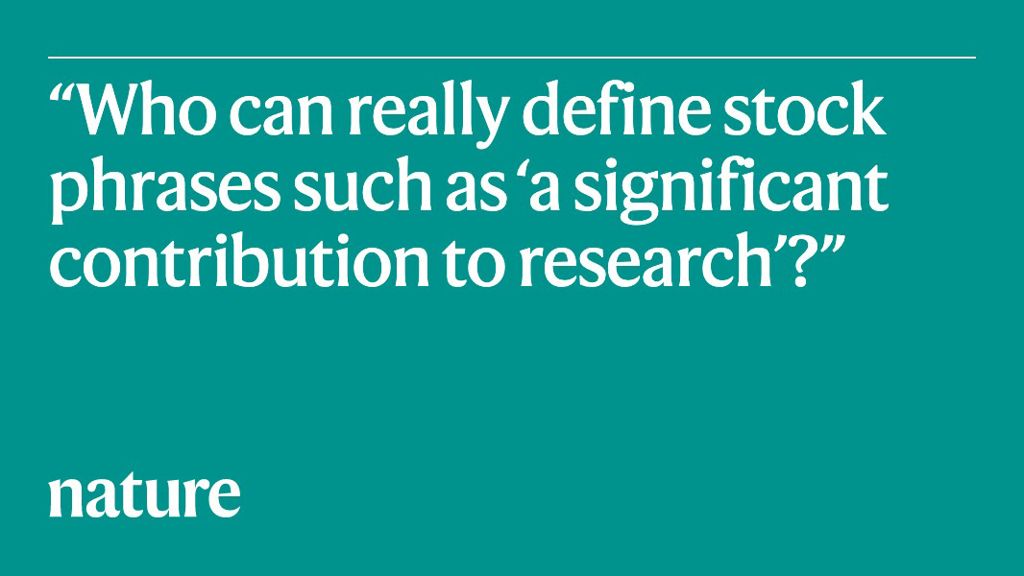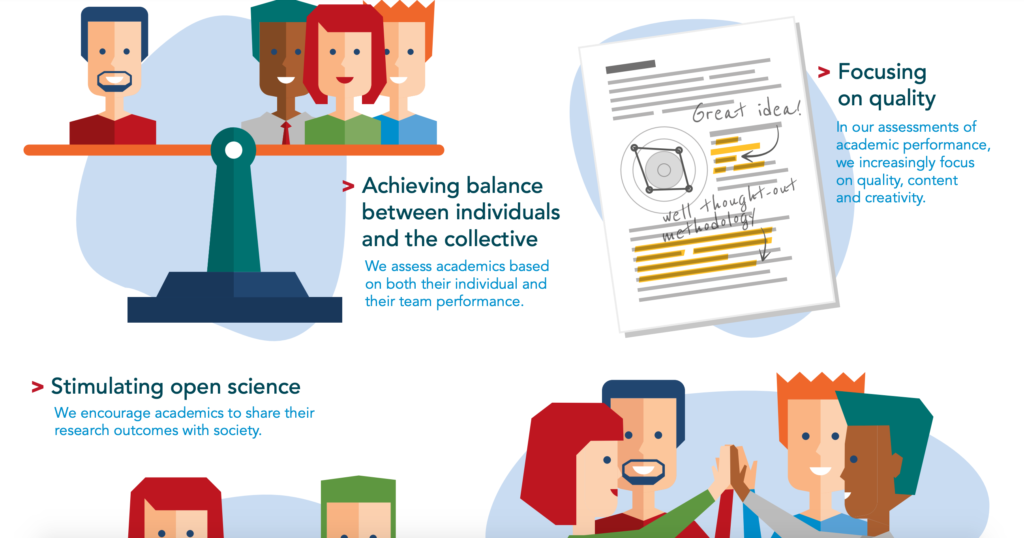Support Europe's Bold Vision for Responsible Research Assessment
There have been many initiatives to combat the distorting effect of research assessment exercises. The latest looks like it might work.

Send us a link
There have been many initiatives to combat the distorting effect of research assessment exercises. The latest looks like it might work.

France is now working with the European Commission and science and university associations to push for a new system of evaluating research in Europe, launching the Paris Call on research assessment.
Academic CVs are ubiquitous and play an integral role in the assessment of researchers. They define and portray what activities and achievements are considered important in the scientific system.
Dispute over Liverpool's use of metrics is best resolved through dialogue, says Stephen Curry.

Faculty and staff members at Utrecht University will be evaluated by their commitment to open science.

In recent years, numerous initiatives have highlighted linguistic biases embedded in current evaluation processes and have called for change. The DORA-hosted community discussion on multilingualism in scholarly evaluation was inspired by actions others have taken to address these issues.
A better balance between teaching and research duties, greater recognition of team performances and the elimination of simplistic assessment criteria would improve the systems of recognition and rewards in academia.
In academia, decisions on promotions are influenced by the citation impact of the works published by the candidates. The authors examine whether the journal impact factor rank could be replaced with the relative citation ratio, an article-level measure of citation impact developed by the National Institutes of Health.
Recognizing the many ways that researchers (and others) contribute to science and scholarship has historically been challenging but we now have options, including CRediT and ORCID.

DORA has evolved into an active initiative that gives practical advice to institutions on new ways to assess and evaluate research. This article outlines a framework for driving institutional change.
Hong Kong Principles seek to replace 'publish or perish' culture.
Universities and research funders are increasingly reconsidering the relevance and importance of researchers' contributions when assessing them for hiring, promotion or funding.

DORA launched a new virtual discussion series for public and private research funders. The goal of the series is to increase communication about research assessment reform by providing a space for funders to share and discuss new initiatives, with the hope that this will ultimately serve as a platform to accelerate the spread of good research assessment policies and practices.
The Swiss National Science Foundation is testing a new CV format for researchers applying for project funding in biology and medicine (submission deadline 01 April 2020).
Citations are ubiquitous in evaluating research, but how exactly they relate to what they are thought to measure is unclear. This article investigates the relationships between citations, quality, and impact using a survey with an embedded experiment.
Researchers are used to being evaluated based on indices like the impact factors of the scientific journals in which they publish papers and their number of citations. A team of 14 natural scientists from nine countries are now rebelling against this practice, arguing that obsessive use of indices is damaging the quality of science.

Alison Mudditt looks at the recently released TOP Factor from the Center for Open Science, and the bigger picture of shifting the nature of research assessment.

The SNSF is testing a new, standardised structure for CVs. The aim is to facilitate comparisons between applicants and make track record assessment more transparent.

Draft guidance for Wellcome-funded organisations on how to implement the core principles of the San Francisco Declaration on Research Assessment (DORA).
Evaluation reforms will go round in circles without conceptual clarity, warns Anna Hatch.

In a collaborative effort Dutch institutes and funders start development of new system of recognition and rewards.

The Dutch Research Council (NWO) is piloting a narrative CV format in the Veni scheme, its major funding instrument for early career researchers. The format advances showcasing diverse types of talent and encourages assessment of quality rather than quantity.
Webcast Driving Institutional Change for Research Assessment Reform October 21 - 22, 2019 Webcast information Opening Remarks and KeynotesOctober 21, 2019, 7:00 - 9:00 PM (ET)Panel SessionOctober 22, 2019, 8:30 - 9:30 AM (ET)Plenary TalksOctober 22, 2019, 2:15 - 3:15 PM (ET) For session details, see the agenda.
Establishing an internal working group or committee to consider how best to infuse the spirit of the DORA declaration within an institution can be a sensible move in most cases.
MDPI is a publisher of peer-reviewed, open access journals since its establishment in 1996.
UK Research and Innovation (UKRI) has signed the international declaration aimed at strengthening and promoting best practice in the way research is assessed.